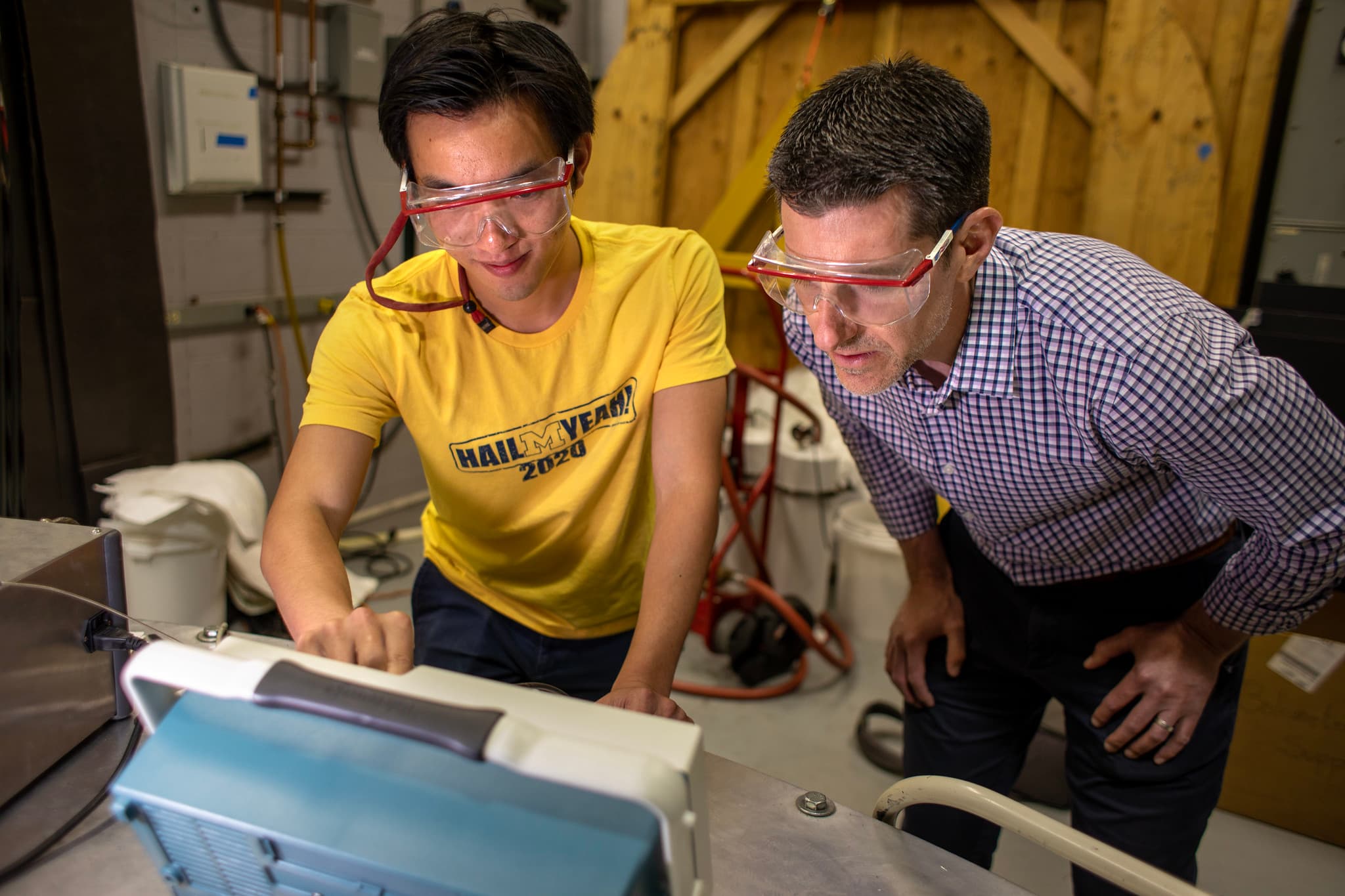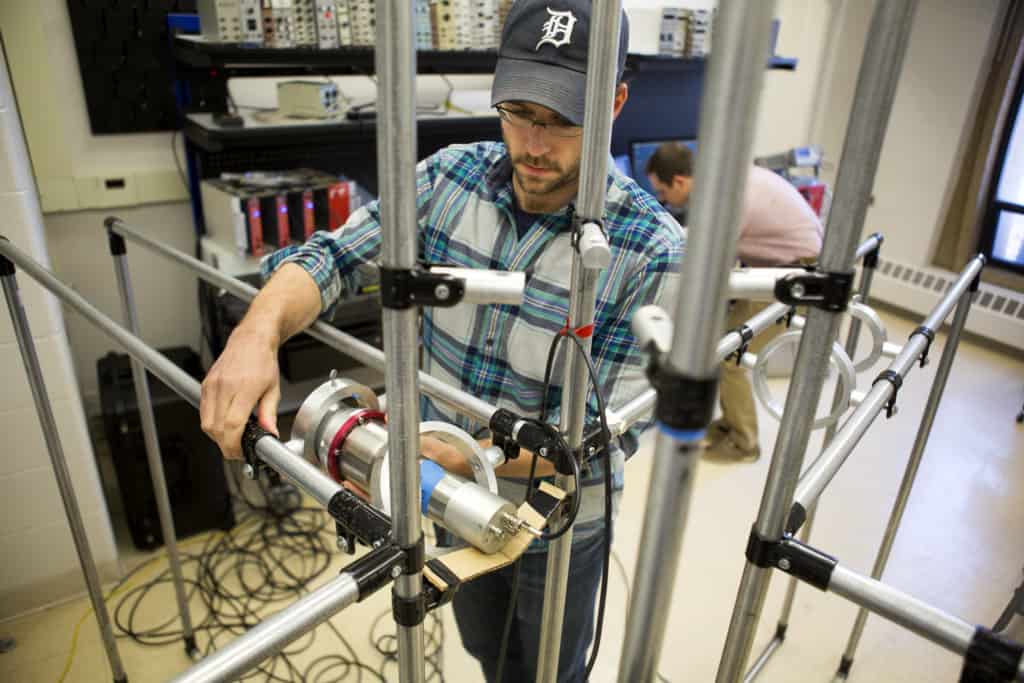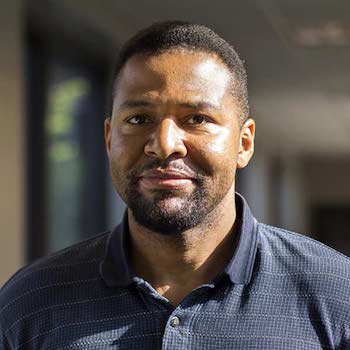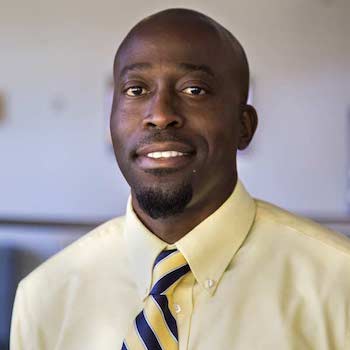
Graduate Program
MSE and PhD in Nuclear Engineering & Radiological Sciences
Our graduate program is among the most highly regarded nuclear engineering programs worldwide, consistently ranked first in the nation by U.S. News and World Report.
As the department continues to advance the fast-evolving field of nuclear engineering and radiological sciences, the graduate curriculum prepares students to shoulder leadership roles as their careers progress following master’s or doctoral degrees.
NERS faculty train the next generation of nuclear engineers to design, build, run, and regulate nuclear power plants in the U.S. and abroad. Students also gain expertise as scientists and engineers who advance the application of radiation in medicine, nuclear security and the dismantling of weapons, the disposal of radioactive wastes, and basic scientific research.
Research Options
Each of our graduate students chooses to focus on a Research Option that corresponds to one of our four Research Areas:
- Fission Systems & Radiation Transport Research and Faculty | Requirements
- Materials & Radiation Effects Research and Faculty | Requirements
- Radiation Measurements & Imaging Research and Faculty | Requirements
- Plasmas & Nuclear Fusion Research and Faculty | Requirements
Students also have the option to specialize in scientific computing or mathematics.
Advising
Students in our graduate program benefit from a structured advising and mentorship program that can adapt to how their interests mesh with those of the various faculty members in the department. For students carrying out graduate research, the research supervisor is also their academic advisor. Before registering for a future term, students must discuss courses with their advisor.
Undergraduate Preparation
Applicants to graduate study at NERS should have a bachelor’s degree in nuclear or a related engineering or scientific discipline, such as chemical, electrical, or mechanical engineering; engineering physics or physics; chemistry; or mathematics. Applicants who do not have an undergraduate degree in nuclear engineering should take courses in atomic and nuclear physics (Nuclear Engineering and Radiological Sciences 311-312, or equivalent) and advanced mathematics for engineers (Mathematics 454, or equivalent).
Students without these prerequisites will need to make up for the deficiencies in addition to the thirty hours required for the MS degree. An upper-level course in electronic circuits (Electrical Engineering and Computer Science 314 or equivalent), a course in fluid mechanics (Civil and Environmental Engineering 325, or equivalent), and a course in digital computer programming (Engineering 101, Elec. Eng. and Comp. Sci. 283, or equivalent) are recommended as desirable preparation.
Contacts
Professor and Master’s Chair
Professor and Graduate Chair
Graduate Program Manager
Recruiting & Outreach Coordinator
APPLY ONLINE
The Rackham Graduate School administers the admissions process for our graduate programs.




